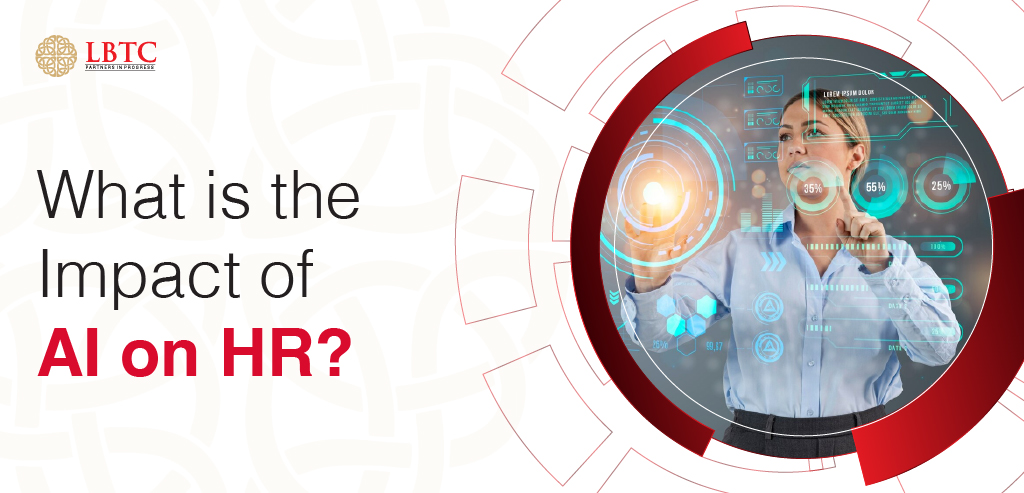
The impact of artificial intelligence, automation, and augmentation on HR is being better understood with the Introduction to AI in HR and the Future of Work.
How Does AI Affect Human Resources?
We’re witnessing a natural uptake of AI technology in four areas. Unsurprisingly, the first one revolves around experience. Our expectations have shifted as a result of personalised recommendations and the “Netflix” experience, which has significantly transformed our personal and consumer lives. A portion of it can be applied to the applicant and employee experience, with an emphasis on how artificial intelligence (AI) can be leveraged to significantly enhance the recommendations and level of personalisation given to both parties.
The second concerns hiring. In the case of recruitment, for example, there are numerous touchpoints throughout the process where we may use AI or technology to enhance the user experience. AI is having a significant impact on the assessment and selection processes.
Chatbots are another way AI is revolutionising the hiring process. They may be used to ensure that candidates are educated and involved throughout the hiring process, which will help organisations build a great employer brand. Artificial Intelligence (AI) has been introduced in recruitment through enhanced writing, sourcing, and the assessment and selection process.
The third focuses on development and learning. For instance, as with the Netflix example, if we regularly consume content, platforms can learn about our tastes and the kinds of content we like to view, allowing us to generate that customised recommendation again.
Does HR have AI-ready?
There has been a significant surge in technology and the emergence of new vendors in the market for HR professionals to consider and integrate to support their use cases. But the crucial query is: Is HR truly prepared?
According to a survey conducted by HR.com, almost eighty per cent of HR experts thought that chatbots would eventually be handling employee inquiries. Considering how accustomed we are growing to have chatbots in our consumer life, that may not come as a surprise. Only 46% of respondents, however, were at ease with the notion of AI being utilised extensively during the next five years. That isn’t very encouraging, but it may also be an indication of HR’s readiness to use this technology in the present. Lastly, the poll indicates that, regrettably, a sizable portion of HR professionals believe they still need more expertise in artificial intelligence.
This gives us a priority area for HR to get more knowledgeable about this kind of technology. It also emphasises the necessity for HR professionals to think about how to get to a point where they feel comfortable using AI technologies to support HR use cases.
Last word
In conclusion, the ever-evolving landscape of HR and AI is a fascinating journey that holds great promise. HR analytics course by LBTC has shed light on how AI is revolutionising HR across various fronts – from the personalised experience it offers to the hiring and development processes. The question of HR readiness remains at the forefront, with insights from HR.com revealing a mixture of anticipation and trepidation. The course underscores the urgency for HR professionals to familiarise themselves with AI and harness its potential to create more efficient and effective HR practices. As AI continues to shape the future of human resources, ongoing learning and adaptation are essential for HR leaders to not only keep pace but lead the way in this dynamic field. By doing so, they can leverage AI’s capabilities to drive transformative change, enhance employee experiences, and stay ahead in the ever-evolving world of HR.

Leave a Reply